
A care assistant who witnessed her best friend’s epilepsy journey at school before being diagnosed with the same condition a decade later has said reconnecting as adults and having her support meant she no longer felt “helpless”.
Marissa Jackson, 32, a teaching assistant who lives in Manchester, was diagnosed with epilepsy at 15 after having her first seizure unexpectedly on a plane.
She does not recall the seizure itself, as she was “knocked out”, but she remembers waking up in her seat with blood and saliva on her chin, having bitten her tongue, and seeing the “panic” in her mother’s face.
Amy Graham, 31, a care assistant who lives in County Durham, witnessed Marissa having a seizure in the schoolyard – a day she will “always remember” – but she never thought that she would be diagnosed with epilepsy herself at 25.

Amy’s first epileptic seizure came with “no warning” and, after being diagnosed, she struggled with severe depression and felt her “life was over”.
“It knocked my confidence massively because I didn’t want to go out alone anymore in case I would have a seizure… I stayed locked away for a very long time after I was diagnosed because I felt terrified,” Amy told PA Real Life.
When Marissa moved out of her home town, the pair did not see each other for a few years but kept in touch on social media – and this is how Marissa found out Amy had been diagnosed with epilepsy, via a Facebook post.
Marissa sent a message to Amy and arranged to visit her in County Durham to offer advice and support, and Amy said having a friend who understood “exactly how (she) felt” was a huge relief because others “turn a blind eye”.
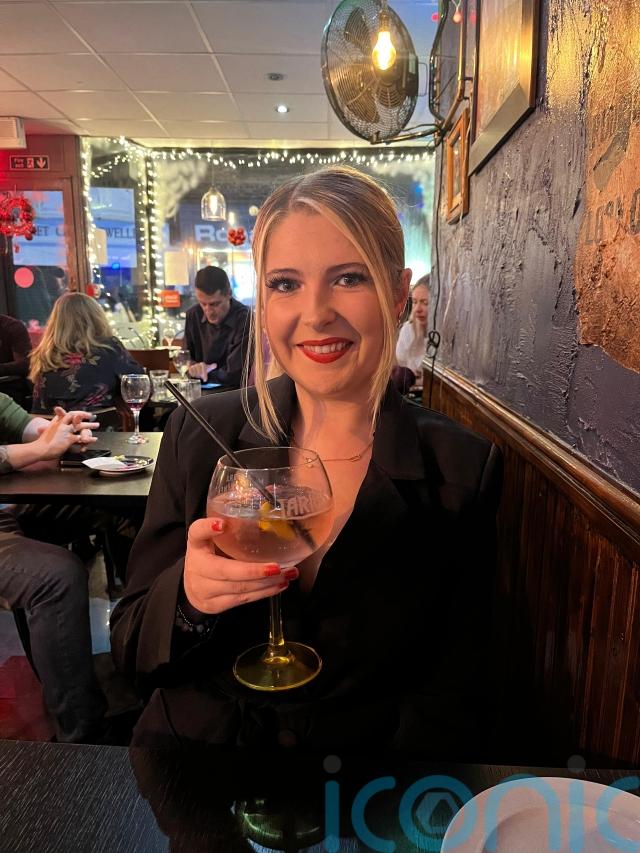
“It was crazy that I’d watched Marissa’s epilepsy journey and then she helped me with mine years later,” Amy said.
Thanks to the right treatment and the support of people closest to them, both Marissa and Amy are now enjoying life seizure-free, and they want to speak out so that others with epilepsy “don’t feel alone”.
“I’m in such a better place, I’m the happiest I’ve ever been, so I would just say to people, ‘It gets better’. Don’t let it define who you are,” Amy said.
Marissa added: “I love to say, ‘I’ve got epilepsy, but epilepsy doesn’t have me’.”
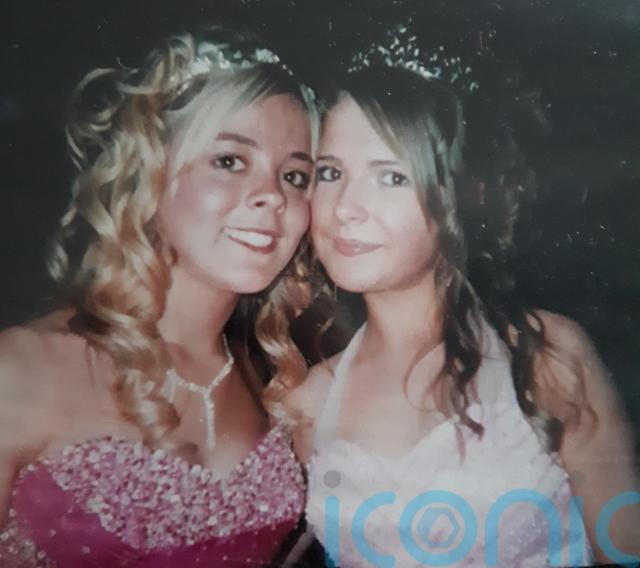
Marissa and Amy instantly “vibed off each other” when they met at primary school, aged five, and their friendship blossomed over the following years – but they never thought they would both get diagnosed with epilepsy.
According to the charity Epilepsy Action, around 79 people are diagnosed with epilepsy, a neurological condition, every day – one every 18 minutes.
Marissa was diagnosed with right temporal lobe epilepsy at 15 after having her first tonic-clonic seizure – where you lose consciousness and your limbs jerk – on a plane to Turkey.
She had been feeling “weird” for months prior but she thought her symptoms were “normal” at first.
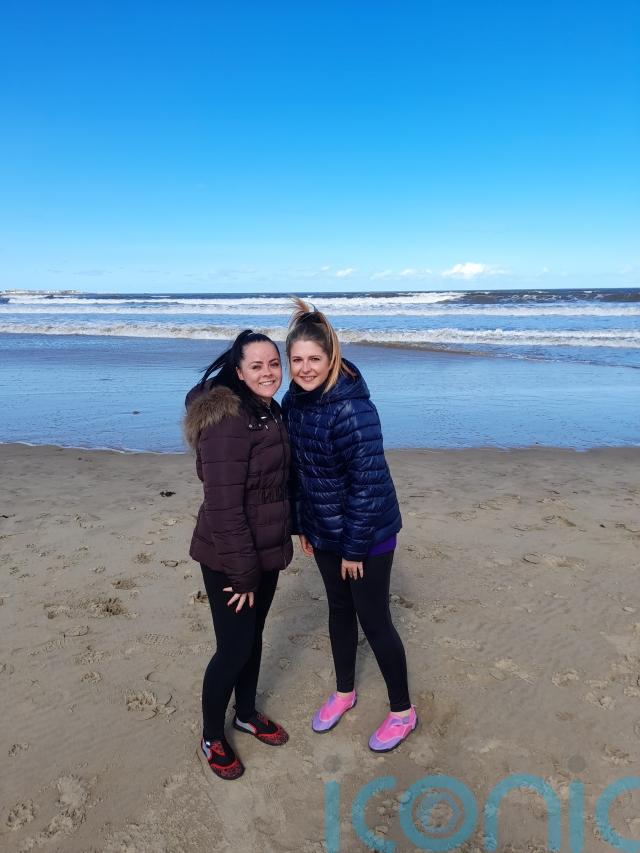
“I used to always go dizzy, lightheaded, have a funny taste in my mouth, the feeling of deja vu, the feeling of fear,” Marissa said.
“I would sleep constantly – I slept for days without waking up – and then I would vomit. It sounds absolutely crazy, but I thought what was happening was normal.
“Every time I opened my eyes, they would twitch, my head would just feel like an axe had gone through it.
“I think my brain just exploded in the end… and then I start having seizures.”
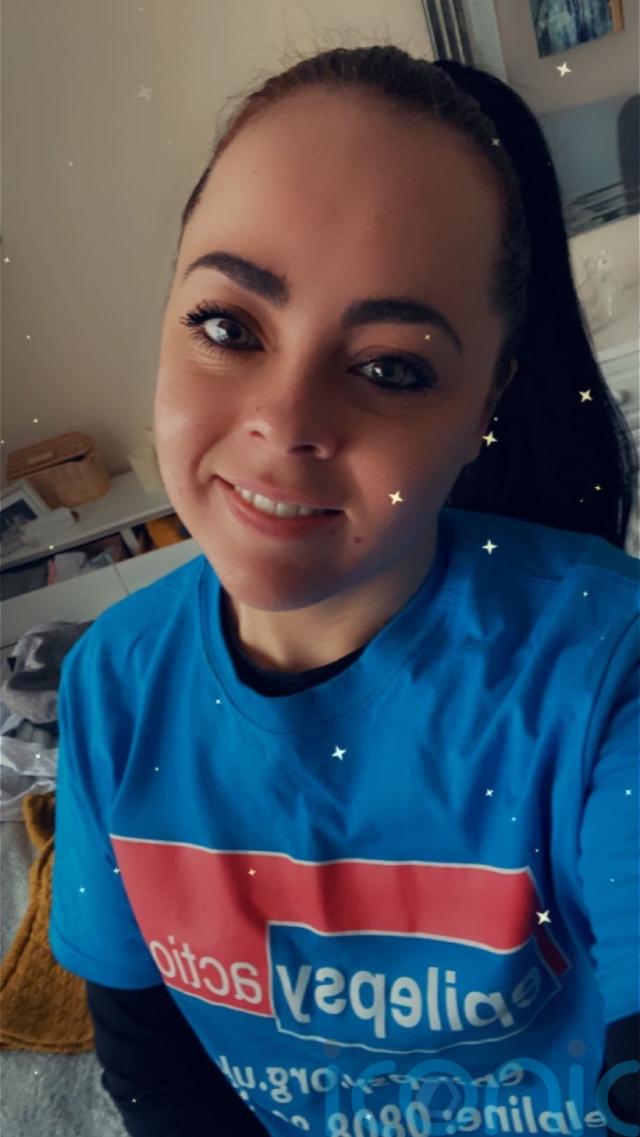
Marissa said her seizures would “come on out of nowhere”, and she would turn “a very grey colour and looking like death”, but most of the convulsions would happen while she was sleeping, leaving her with excruciating migraines afterwards.
“The scary part is, you go to bed, your bed is your safe place, you go to sleep, and then the next minute you’re on the floor and all you see are these paramedics standing around you,” Marissa said.
Marissa explained that she would often experience an unusual sensation, known as an aura, before a seizure, and she likened the feeling to walking into a sauna and tasting “onions in the back of (her) throat”.
She believes she was having two seizures per week when her epilepsy was at its worst – although this number may be higher due to the majority happening in her sleep – and felt “relief” when she was diagnosed, as she finally had answers.
Since taking the medication carbamazepine to treat her condition, which has “worked wonders”, Marissa does experience the occasional aura but has not had a seizure since 2010, making her a “happy bunny”.
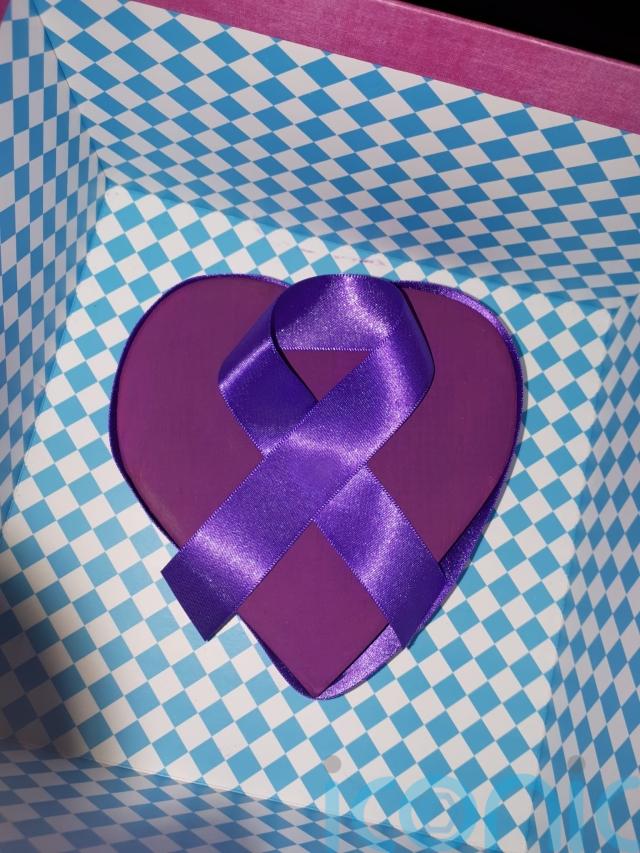
Amy’s journey was different to Marissa’s in that she was diagnosed “out of the blue” aged 25.
She had her first tonic-clonic seizure in January 2018 – which left her “feeling weird and shivering” – and her second one a week later.
“I was with my ex-partner at the time, we were getting ready to go out for the day, and all of a sudden I just had this weird feeling, I felt very strange,” Amy said.
“I had to sit on the edge of his bed, and then the next thing I remember after that was waking up, lying on the bed, and two paramedics were standing over me.”
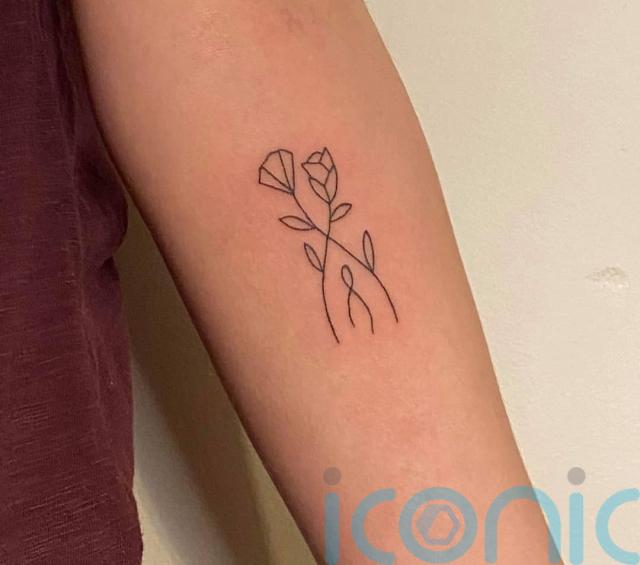
After various hospital appointments over a period of four months, Amy received her left temporal lobe epilepsy diagnosis, aged 25.
At first, she felt her “life was over” as she was having regular seizures – up to four or five a week, mostly in her sleep – and she had to turn down a career opportunity to work in a care home and cancel her driving lessons.
“You just think, what’s the matter with me? What’s wrong with me? And you question everything,” Amy said.
“You just feel so helpless, and my parents felt so helpless because they just couldn’t do anything to help me.”
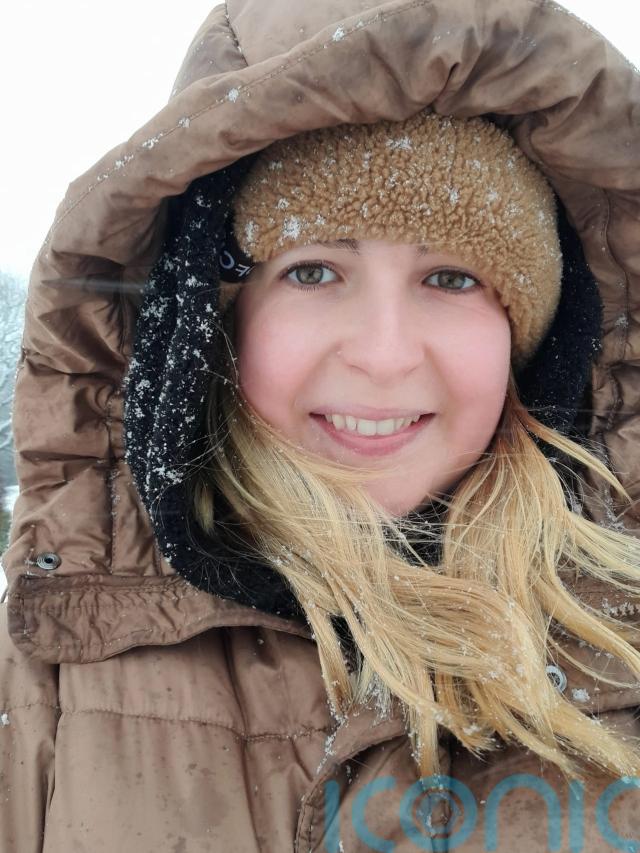
Amy said she struggled with severe depression and anxiety post-diagnosis and sought therapy, and her seizures would leave her feeling “absolutely exhausted” afterwards.
When Marissa came to visit her after years of not seeing each other, she said it was an emotional reunion and her support meant everything to her.
“It was emotional seeing her and it just felt so good to know that she knew exactly how I felt,” Amy said.
“She was there when I needed her the most.”
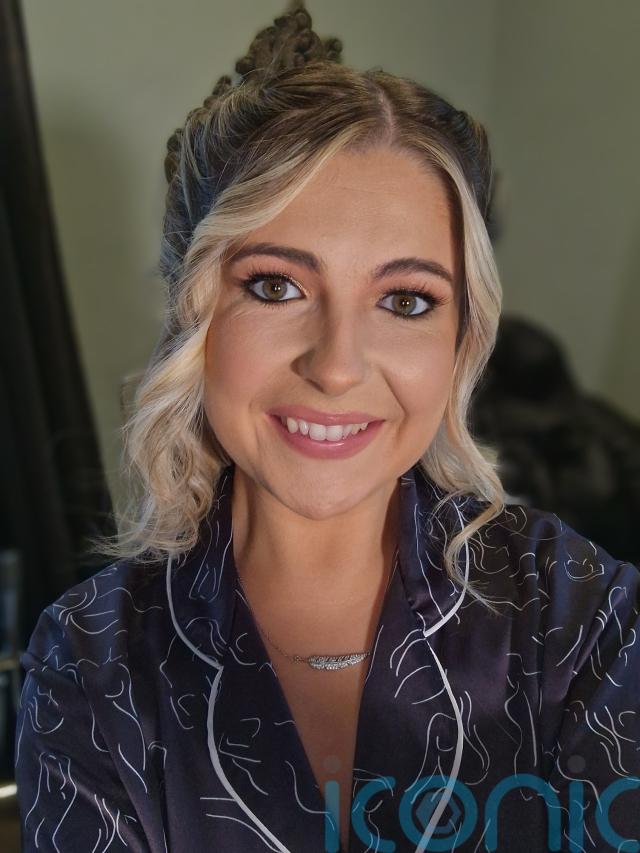
After taking carbamazepine, like Marissa, Amy’s convulsions stopped and she is now six years seizure-free, adding: “It feels so good to have your life back.”
Marissa said being organised helps her manage her epilepsy daily – especially with her medication – and for Amy, spending time with her family and friends and going for walks help the most.
Having the support from one another throughout their epilepsy journeys has been invaluable and they have completed two fundraising challenges for charity – including a sea dip in April 2021 – to raise money.
They hope that, by sharing their story, they can increase awareness of the condition, address misconceptions, and help others with epilepsy feel supported and less alone.
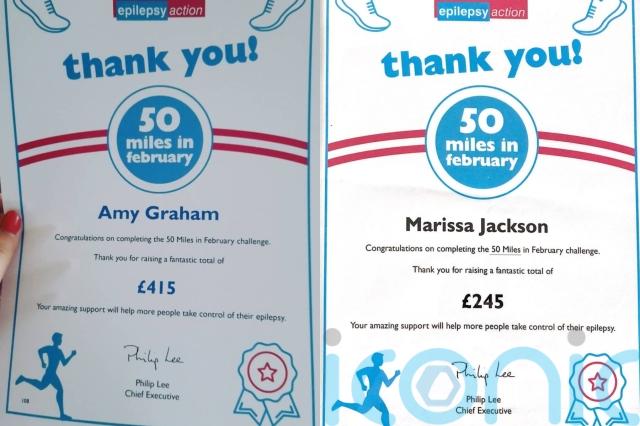
Marissa said: “I’m never scared to tell anybody (that I have epilepsy), I’d rather get the word out there, but people will say, ‘Oh, so you’ll have to stay away from discos and flashing lights?’
“They just don’t have a clue and it’s not really their fault, there’s just not enough awareness.
“If I knew the ins and outs, I could have probably gotten diagnosed much sooner, but we hope that we can raise more awareness and help others.”
For more information on epilepsy and how to manage the condition, visit Epilepsy Action’s website here: www.epilepsy.org.uk.
Subscribe or register today to discover more from DonegalLive.ie
Buy the e-paper of the Donegal Democrat, Donegal People's Press, Donegal Post and Inish Times here for instant access to Donegal's premier news titles.
Keep up with the latest news from Donegal with our daily newsletter featuring the most important stories of the day delivered to your inbox every evening at 5pm.